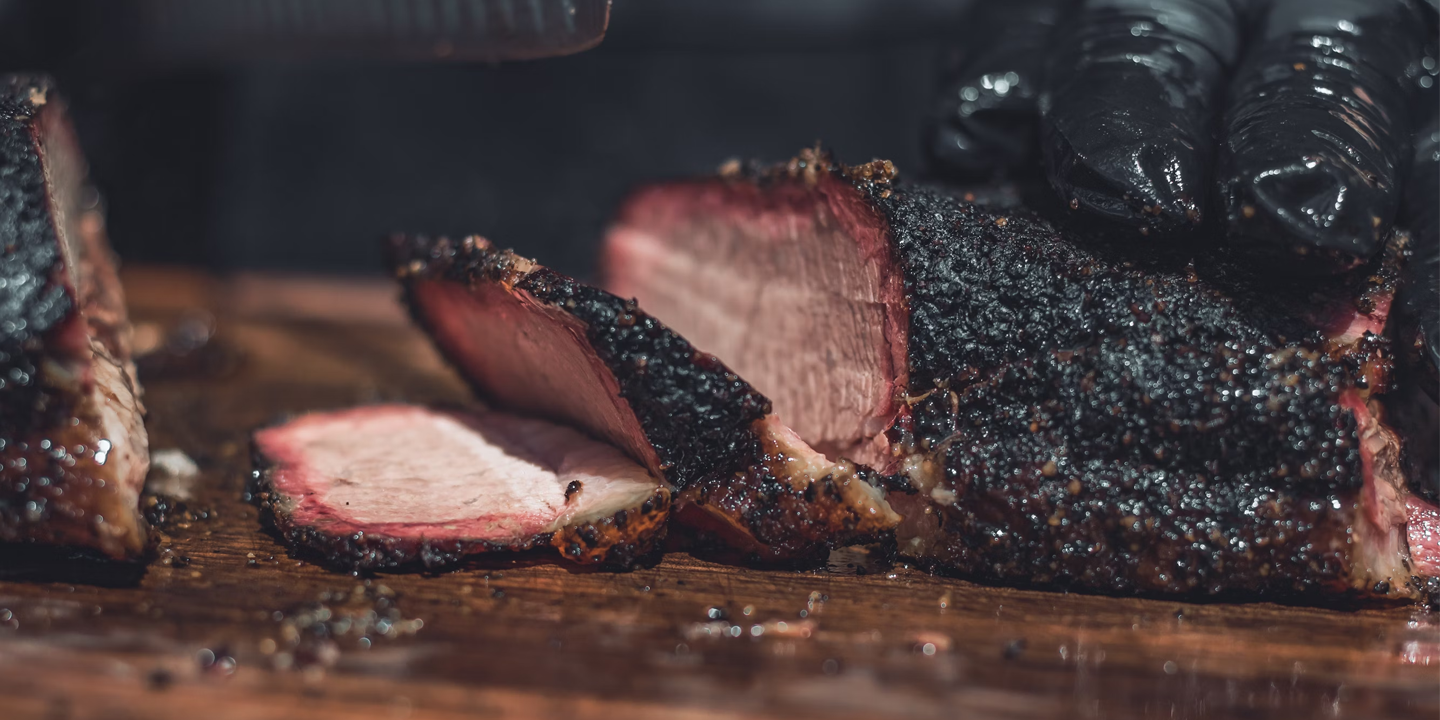Everyday Sources of This Essential Mineral
Potassium doesn’t get the flashy reputation that protein or carbs enjoy. It hides out in the background, balancing fluids, helping muscles contract, and keeping your heartbeat steady. When you’re low, your body lets you know with cramps, fatigue, and that weird flutter in the leg right before sleep. The good news? Potassium is hiding in more places than most people think. Here’s a lineup of twenty foods that can give you a revitalizing dose of potassium.
1. Bananas
This one’s obvious. It gets the top spot because no other fruit shares such a recognizable reputation for potassium. It’s easy to eat, easy to carry, and doesn’t need refrigeration. The taste changes depending on ripeness—the more yellow and spotted, the more it’ll have that slightly caramel-like sweetness.
2. Sweet Potatoes
Rich with beta-carotene as well as potassium, these starchy root vegetables are staples in some cultures. Roast them with olive oil until the edges crisp, or mash them with a hint of cinnamon for a dish more akin to a dessert. One medium sweet potato can push you toward 500 mg of potassium without even trying.
3. Spinach
Those giant green bags you shove into the fridge are a powerhouse of nutrition. They may wilt faster than you’d like, but throw them into omelets, smoothies, or sauté with garlic and they’ll disappear fast. A single cup cooked down carries nearly 800 mg of potassium. Strange how something that shrinks to almost nothing packs so much goodness into it.
4. Avocados
They’re creamy, they’re trendy, and their benefits extend far beyond the healthy fat content. Believe it or not, one whole avocado delivers more potassium than a banana. Spread on toast if you must, but honestly, eating half with a little balsamic vinegar pooled inside is a real treat.
5. White Beans
Of all the beans, these are probably the most underrated. They sit in the pantry for months until you finally open a can, rinse, and toss them into salad. A single cup contains over 1,000 mg. That’s nearly a quarter of the daily potassium requirements in a single sitting.
6. Salmon
This one’s a bit of an indulgence for the vast majority of us. Salmon is rich, fatty, and often pricey depending on where you buy it. Just one fillet carries several hundred mg of potassium. It’s also very versatile; eat it grilled, baked, or even straight from a can. That soft pink flesh goes farther than just omega-3s.
7. Coconut Water
Yes, a drink counts. The slightly nutty, salty-sweet liquid inside green coconuts contains potassium in surprising amounts—about 600 mg in a typical carton. It’s not only a refreshing electrolyte-packed drink, but it makes a wonderful base for your morning smoothies.
8. Beets
Enjoy them roasted, pickled, or juiced. They stain everything they touch, from cutting boards to fingertips, but their earthy sweetness comes with a solid potassium kick. Athletes swear by beet juice for stamina. Even if you don’t run marathons, a roasted beet salad with goat cheese is pretty convincing.
9. Edamame
Those little pods you salt heavily and pop at sushi restaurants are packed with protein, yes, but also several hundred mg of potassium per cup. They’re also fun to eat, pushing beans out with your teeth while talking across the table.
10. Yogurt
Plain, Greek, full-fat, low-fat—doesn’t matter. Dairy sneaks in potassium unassumingly. One cup of plain yogurt gives you around 500 mg. Add fruit, granola, or just honey, and it’s breakfast without fuss and an infusion of probiotics as well.
11. Mushrooms
Portobellos are especially jam-packed. Grill one like a burger and you’ll get not only a meaty bite but a decent potassium serving. Even the humble white button mushrooms tossed in pasta sauce add to the daily tally.
 Natalie Runnerstrom on Unsplash
Natalie Runnerstrom on Unsplash
12. Tomatoes
Whether fresh slices on a sandwich, slow-cooked into sauce, or cherry tomatoes you eat by the handful, each form delivers potassium. Tomato paste is especially concentrated, but a tablespoon here and a dollop there add up fast.
13. Oranges
Beyond their vitamin C content, oranges deliver around 250 mg, sometimes more depending on size. When juiced, the numbers climb even higher. There’s something about that citrus burst that feels like the essence of energy itself.
14. Lentils
Whether brown, red, green, or black, they all work to boost those potassium levels. A cup of cooked lentils delivers close to 700 mg. Not only are they economical and filling, but they carry spices like cumin and garlic beautifully.
15. Clams
A little more adventurous than some of the other items on our list, clams are salty, chewy, and not for everyone. That said, they’re absolutely loaded with minerals and vitamins, potassium included. It’s hard to beat a warm bowl of chowder on a cold day.
16. Carrots
Carrots are good raw or cooked. A large raw carrot has more potassium than most people guess—up to 250 mg. Roast them with honey and thyme, and suddenly it feels gourmet. Even baby carrots dipped in hummus stack up over time.
17. Brussels Sprouts
Despite their bad rep, Brussels sprouts are making a culinary comeback. Roast them until the edges char, or toss with balsamic glaze. These tiny cabbages give you not only fiber and vitamins but a solid hit of potassium. The smell while roasting might divide a room, though—it’s one of those love-or-hate vegetables.
18. Melons
Cantaloupe, honeydew, watermelon—all carry electrolytes, including potassium. Each slice is mostly water, but don’t let that fool you. Cold wedges in summer feel like eating hydration itself. With juice dripping down your wrist, it’s messy, but who cares?
 Alexandra Smielova on Unsplash
Alexandra Smielova on Unsplash
19. Prunes
Yes, they’re dried plums, and yes, they have that reputation for acting as a laxative. But they also pack potassium in dense little bites. A handful can give you close to 300 mg. Sweet, chewy, almost syrupy in flavor. Give them a try.
20. Potatoes
Potatoes often get maligned, but with their skins left on, they’re mineral-rich. A medium baked potato can deliver nearly 900 mg of potassium. Load with butter and sour cream if you must, or go back to basics with olive oil and herbs.


























